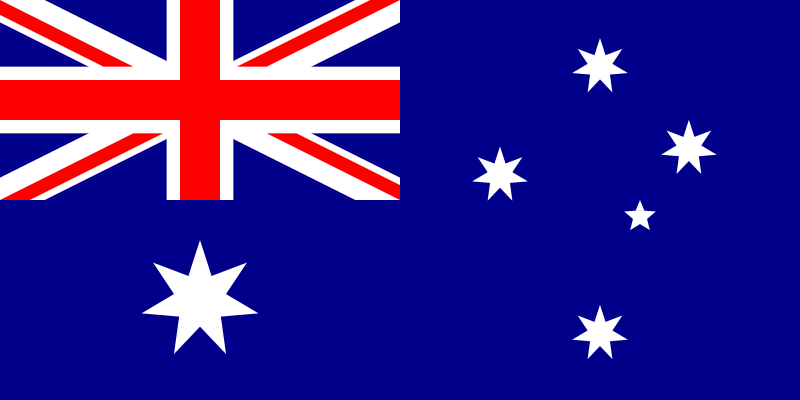Summary
- We all talk in slang that you won’t understand
- It never rains in Australia
- Australia is just an island, how big can it be?
- Kangaroos and Koalas live in our backyards
- We all eat Vegemite for breakfast, lunch, and tea
- You have a really high chance of dying from all the poisonous/lethal/most deadly things
- Sydney is the capital, or maybe it’s Melbourne?
Outrageous Australian Stereotypes Debunked
Australians are known for their ‘No worries’ attitude, but many misconceptions persist about Australia and its people. This article aims to debunk the most outrageous Australian stereotypes.
1. We all talk in slang that you won’t understand
G’day mate, shrimp on the barby, fair dinkum, hard yakka, Sheila… As an Australian, I can assure you that I have never used these typical Aussie slang words in everyday conversation, except for humor. However, here are a few words you might encounter:
- Cooee: a high-pitched call to attract attention or test an echo, mostly heard in caving or trekking.
- Bogan: describes someone from a small town or rural area, often perceived as close-minded and less adventurous.
- Chuck a sicky: means pretending to be sick for a day off work—an all-too-common practice.
- Budgie smugglers: tiny swimwear for men, often considered a fashion faux pas.
- Thongs: refers to flip flops in Australia, not what some might assume.
- Jumper: simply a sweater, not a vehicle involving kangaroos.
2. It never rains in Australia
Yes, Australia has the lowest precipitation of any inhabited continent (besides Antarctica), yet it does rain. Tourism Australia humorously addressed this:
Q: Does it ever get windy in Australia? I have never seen it rain on TV, so how do the plants grow? (UK)
A: We import all plants fully grown and then just sit around watching them die.
3. Australia is just an island, how big can it be?
Australia is the world’s smallest continent but the sixth largest country, covering an area of 7.7 million square kilometers, just a bit smaller than the United States.
Moreover, 44% of Australia is desert, with a further 37% classified as semi-arid grassland or shrubland.
Consequently, most Australians reside along the coasts, explaining why many photographs feature beachscapes.
Q: I want to walk from Perth to Sydney – can I follow the railroad tracks? (Sweden)
A: Sure, it’s only three thousand miles, take lots of water…
4. Kangaroos and Koalas live in our backyards
Q: Will I be able to see kangaroos in the street? (USA)
A: Depends how much you’ve been drinking.
It’s a common stereotype that Australians ride kangaroos to school. In reality, these animals rarely venture into cities. However, if you travel to rural communities, you might spot some, but it’s best not to approach them.
5. We all eat Vegemite for breakfast, lunch, and tea
Many Australians, much like people worldwide, have a love-hate relationship with Vegemite—it’s indeed an acquired taste. On the other hand, Tim Tams, delightful chocolate-coated biscuits, are a household favorite.
6. You have a really high chance of dying from all the poisonous/lethal/most deadly things
Australia is home to some of the most venomous snakes and one of the most dangerous spiders, yet fatalities from bites are rare due to advancements in medical treatments.
7. Sydney is the capital, or maybe it’s Melbourne?
Neither Sydney nor Melbourne is the capital of Australia. Instead, the capital is Canberra, a compromise which emerged as neither Sydney nor Melbourne could agree on who was bigger or better.
Other things about Australia you might not know:
- Christmas coincides with summer, allowing for immediate fun with gifts.
- Australia has seen its first female Prime Minister.
- The currency has recently reached parity with the US dollar.
- Most Australians must complete a life-saving program at beaches.
- Many young Australians have not traveled extensively within their own country.
- Budget travelers often overspend in Australia, so planning is key.
- We use plastic money that is tough to destroy.
Exploring the misconceptions surrounding Australians and their culture is not only enlightening but also humorously entertaining. Travel to Australia and immerse yourself in its diverse landscapes and vibrant communities.




